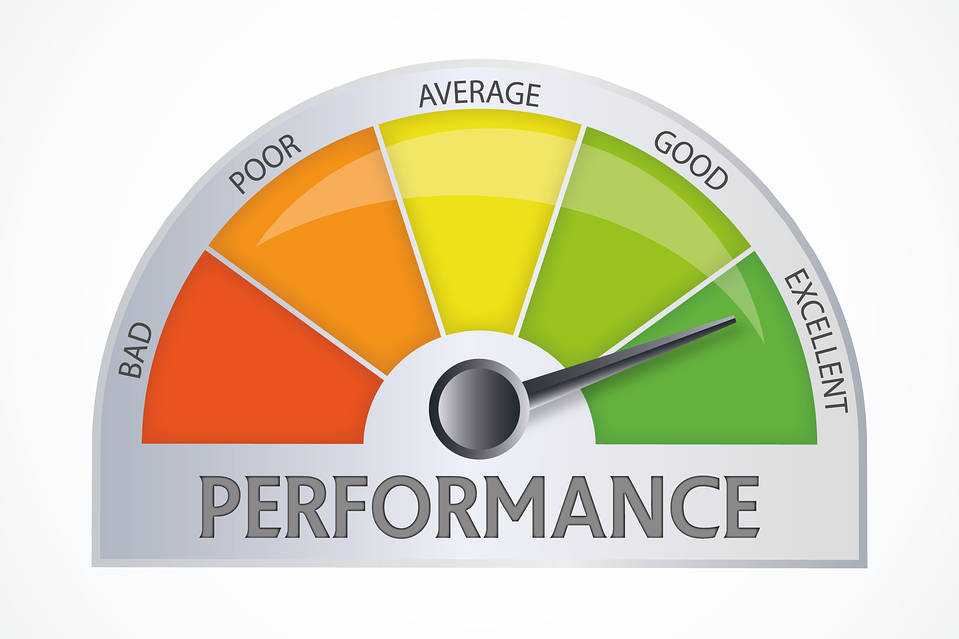The Impact of DevOps on Application Performance Management
Application Performance Mangement or APM refers to the practice of monitoring the performance of your code, application, runtimes, and overall user experience. In this article, we will talk about how DevOps impacts APM and how you can adjust to the new software supply chain.

How DevOps changes Application Performance Management (APM)?
DevOps practices introduce more automation in the CI and CD pipelines, this has driven the need for additional monitoring capabilities. When software is getting shipped continuously it becomes critical to be able to monitor and notice any anomalies as soon as possible after deployment. In fact, APM tools are ideal for DevOps based software supply chain as they help provide immediate visibility into the application’s runtime state and usage. Proper use of APM tools can help speed up delivery and enable engineers to gain more confidence in their processes.
What are the new good practice patterns in APM with DevOps and continuous deployment and integration?
DevOps merges the boundaries between operations and engineering teams. We are seeing the same practices now being applied to APM. In a CI and CD environment, teams that take join ownership of application runtime and performance management see smoother deployments and less operational issues. APM reports should be continuous, automated and easy to use. When the entire team has access to same set of KPIs and metrics about the application performance they can take quick decisions and rectify problems before they affect their users.
